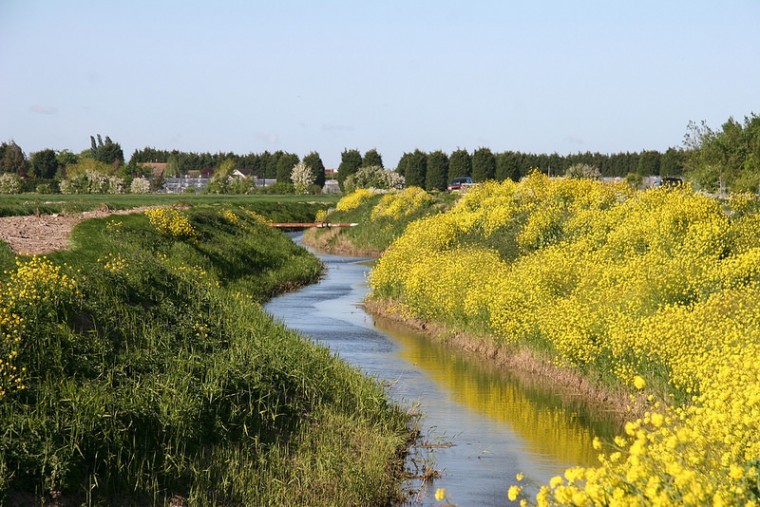Water level management authorities across the country are continuing to raise significant concerns at the threat of licence fee hikes that could end up hitting the farmer’s pocket, following recent changes to water abstraction regulations.
Previously and for many years, Internal Drainage Boards (IDBs) have transferred water from main rivers to local drains for the benefit of farmers, who then abstract the water for irrigation. There are also environmental benefits of augmentation of water levels.
The new regulations for water transfer licencing, which came into force from 1 January 2018, removes exemption for a number of activities. Among these changes is a requirement for transfers of water from main rivers into internal drainage districts to be licenced by the Environment Agency.
Innes Thomson, chief executive of ADA, the membership organisation for drainage, water level and flood risk management authorities, explained, “Using information gathered from IDBs by ADA, the Environment Agency has estimated that around 150 licences will be required collectively by IDBs, each costing £1,500.
“This will add an expense and bureaucratic burden that will stifle effective close working between risk management authorities on water resources and environmental management. ADA is simply seeking treatment of IDBs as responsible water managers playing their vital part in working with the EA rather than being treated as businesses using the water”
Water transfers in themselves are not abstractions, the water is not lost to the river network unless it is further abstracted by a landowner. Water abstracted from within an IDB district is licenced by the Environment Agency, therefore the new legislation could see landowners effectively charged twice for the same water, as IDBs will most likely need to pass additional fees on to ratepayers.
Some 90% of water transfers are required for facilitating abstraction, and for other environmental reasons such as flood prevention and the creation of wetlands and other habitats.
At the ADA Conference in November 2017, environment minister Dr Thérèse Coffey confirmed that she wants IDBs to play a central role as Defra plan for better local and national water management. Dr Coffey emphasised that “land drainage activities to prevent flooding and IDB abstractions within drainage districts will remain exempt” and she went on to assure delegates that she will be looking at “effective funding streams to recover costs from those that benefit.”
Mr Thomson added: “An initial meeting took place in late January, involving the Environment Agency, Defra, ADA, Natural England and IDB representatives, to investigate the proposal for cost recovery made by the Minister. A number of potential options were identified including enabling primary legislation.
“Further meetings will be required to narrow down the options available that could enable IDBs to recover costs from the beneficiaries of their water resource management activities. It is essential that any changes are acceptable to all parties concerned and considered a fair treatment of the expertise of IDBs working alongside the EA in managing our valuable water resources,” he said.
ADA hopes that a consensus on a pragmatic, light-touch administrative solution can be reached over the next few months which may alter the circumstances where IDBs need to apply for and pay for licences.




